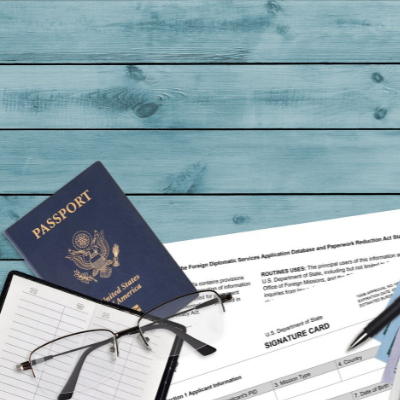The Department of State has issued its March 2022 Visa Bulletin. This month’s bulletin includes more advancement in final action dates for India in the EB-2 preference category, which will advance by 4 months to May 1, 2013. Final action dates for India EB-3 and China EB-2 and EB-3 professionals and skilled workers will remain the same as in February. All other countries under EB-2 and EB-3 will remain current, and EB-1 also remains current for all countries including India and China.
EB-5 remains current for all countries, but Regional Center cases are awaiting reauthorization. If reauthorized in March, the EB-5 Regional Center cut-off date will be November 22, 2015. DOS also indicates that Non-Regional Center cases may see cutoff dates imposed for China as early as April 2022.
Relatedly, if there is sufficient demand in EB-5 cases, DOS also indicates that there may be retrogression as early as April 2022 for India in the EB-2 preference category, which would have utilized any otherwise unused EB-5 numbers.
USCIS has indicated that it will continue to require the use of the dates for filing chart in March, and the dates for filing in March remain unchanged from the previous month for EB-1, EB-2, and EB-3 professionals and skilled workers, so no new adjustment of status applications will become eligible to file in March.
Details:
- Visa Bulletin for March 2022, Dept. of State,
https://travel.state.gov/content/travel/en/legal/visa-law0/visa-bulletin/2022/visa-bulletin-for-march-2022.html


